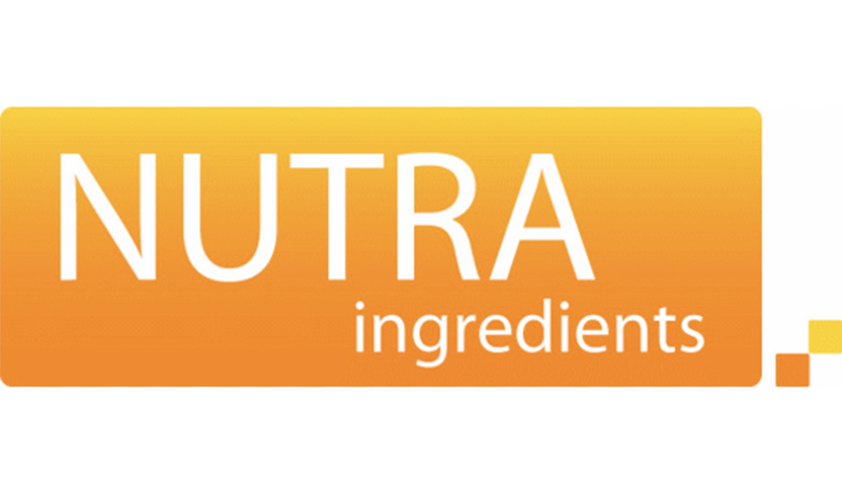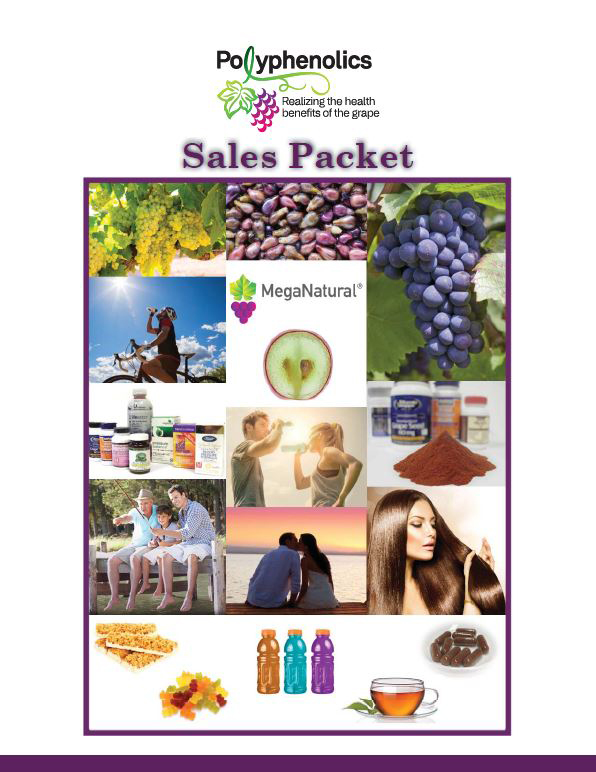Polyphenolics discovered a concerning adulteration while completing a recent market surveillance project. The company discovered peanut shell extract, a potent undeclared allergen, in about 20 percent of grape seed extracts that they tested. This sobering discovery was included in a NutraIngredients article about the increasing amount of attention adulteration is getting – and the need for quality and purity testing – in the nutritional supplement industry. Polyphenolics, known for its farm-to-finish traceability, has experienced chemists who conduct sophisticated testing to ensure its MegaNatural grape seed extracts are of the highest quality.
There is good reason why adulteration is getting attention. The article states that no one “disputes that adulteration is taking place.” According to American Botanical Council Executive Director Mark Blumenthal, “It is difficult to determine how many ingredients are adulterated and to what extent those adulterated products are making their way into the marketplace.” What is clear is that offenders are finding new and harder-to-detect ways to ‘cut’ ingredients.
Polyphenolics scientists discover potential allergen in competitor grape seed extract
Polyphenolics a division of California Natural Color and E. & J. Gallo Winery, the world’s leading premium wine company. Mark Kelm, Ph.D. revealed the worrisome discovery: “We started to see aberrations in the analytical data. Of the different products that we tested, we found something other than grape seed extract in about 20 percent of them. We found peanut skin extract (a cheap ingredient with a similar chemical profile) was being used.”
Kelm explained that only highly trained chemists with sophisticated tools would be able to detect this adulteration. “You could easily miss this if you were doing a very simple analytical method. I did present this information to the people at GNC and it was an eye opener for them,” he said.
Polyphenolics’ grape seed extracts are authentic and pure because the raw materials are sourced from California Natural Color and E. & J. Gallo wineries and produced on site. Polyphenolics then completes sophisticated testing to ensure the safety and quality of its clinically researched and patented grape seed extracts.




